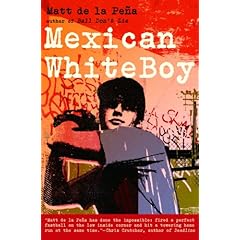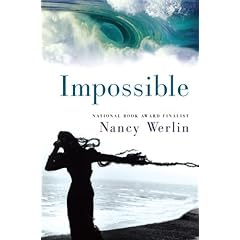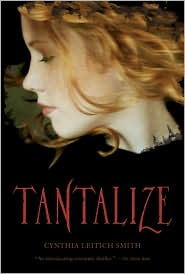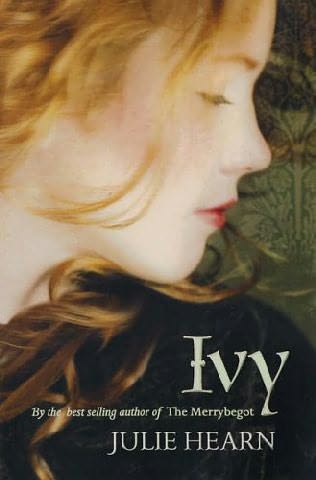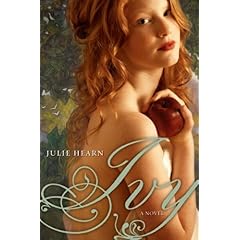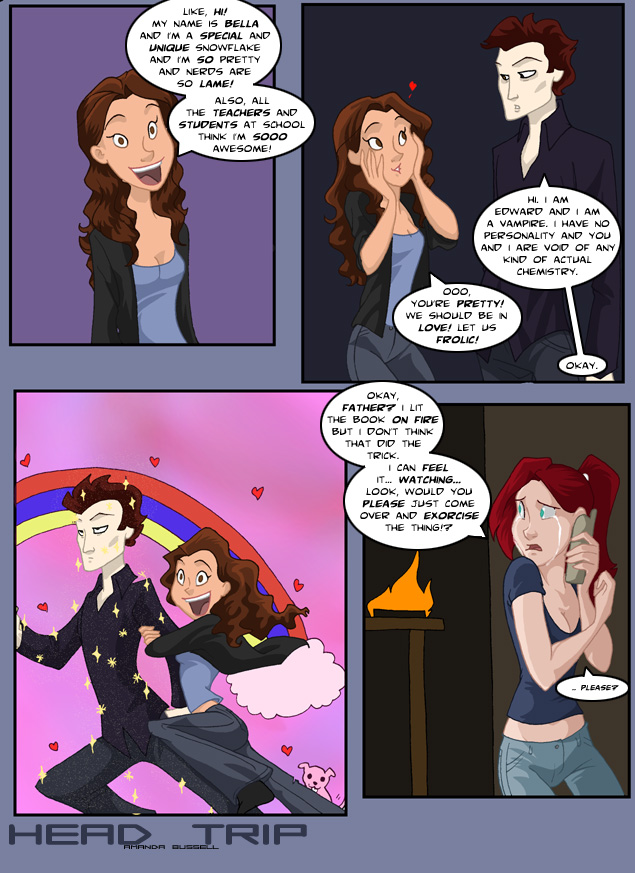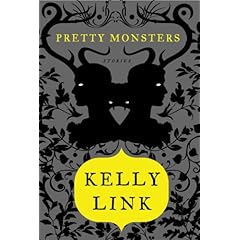 Pretty Monsters is a short story collection of nine stories. Nine of the most profoundly strange and incredibly dense stories I have ever read. I have a feeling that once you’ve read a Kelly Link story you might be ruined on short stories forever. And that isn’t meant negatively. Oh no, quite the opposite. Once you’ve had the pleasure of reading her, no other story will ever ignite your imagination the same way. I was surprised more than once after I opened this collection. Not only were the stories longer than I expected, but once reading I was staggered at the amount of detail, development, and unexpected plot twists that they contained. Quite honestly, you have no idea what to expect from paragraph to paragraph or from story to story. Her stories are fresh, varied, witty, startling, well-plotted and everything a solid literary work should be.
Pretty Monsters is a short story collection of nine stories. Nine of the most profoundly strange and incredibly dense stories I have ever read. I have a feeling that once you’ve read a Kelly Link story you might be ruined on short stories forever. And that isn’t meant negatively. Oh no, quite the opposite. Once you’ve had the pleasure of reading her, no other story will ever ignite your imagination the same way. I was surprised more than once after I opened this collection. Not only were the stories longer than I expected, but once reading I was staggered at the amount of detail, development, and unexpected plot twists that they contained. Quite honestly, you have no idea what to expect from paragraph to paragraph or from story to story. Her stories are fresh, varied, witty, startling, well-plotted and everything a solid literary work should be.Each story begins with a quote taken from the story itself. The Wrong Grave is introduced with, “Anyone might accidentally dig up the wrong grave.” Or, “The devils were full of little spiky bones. Zilla ate two,” which introduces The Constable of Abal. Or from the story Monster, “after a while, everyone had become a zombie. So they went for a swim.” Now tell me that those sentences didn’t pique your curiosity? Impossible! Of course they did.
It should be noted that the quotes are accompanied by lovely illustrations created by Shaun tan (although apparently he did not design the beautiful cover – that was Will Staele).
From a story about a boy who digs up his dead girlfriend to retrieve his poetry, to a group of summer campers on an ill-fated campout, to a old woman who carries her entire village around in her handbag (this story is actually available online), to a surfer who converses with aliens, one can never sure where Kelly Link will take them next. But once you begin, you’ll be sure to stick around for the entire ride.
I am sort of curious as to why this is being published as YA besides the fact that most of the stories feature teenagers. Several stories were previously published in publications for adults. Although I do think there are teens for whom this collection will have immeasurable appeal (think your smart quirky kids), they sort of seem like they would appeal more to adults. That is, of course, just a feeling I get. I’d be very interested to hear who people think would appreciate these stories the most.
This title will be published in October.
Read her collection Stranger Things Happen online!
